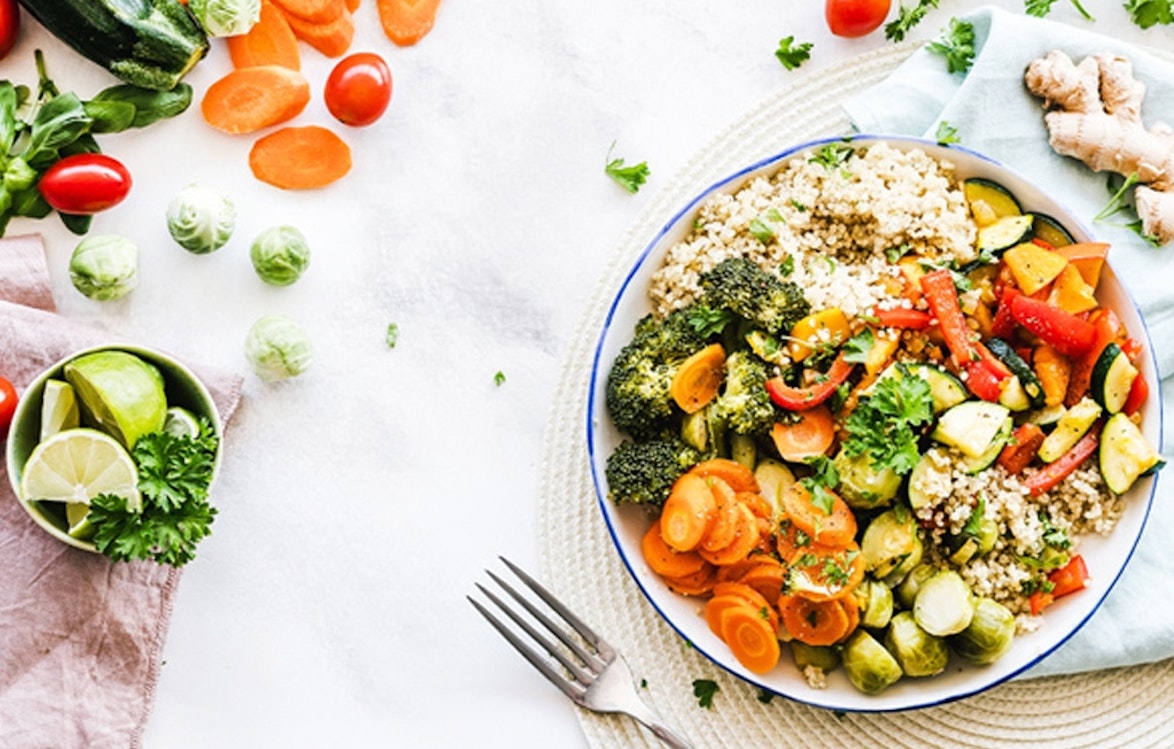Time to read : 4 min
Are frozen vegetables just as good as fresh ones?
Eating vegetables daily is good for us. We know this. Vegetables contain a lot of important nutrients like vitamins, minerals, and fibers.
But what you might not know is that vegetables can quickly lose their healthy nutrients.
How fast vegetables lose nutrients depends on several factors. For example, does it matter if you eat fresh vegetables, frozen vegetables, or canned vegetables? In this article, we're going to explain it to you.
Fresh Vegetables
"Fresh" always sounds good. It's not surprising that most people think fresh vegetables are the best option.
Actually, fresh vegetables are just delicious, right? However, it's important to know that vegetables lose their taste, structure, and nutrients shortly after harvesting.
The advice is, therefore, not to keep fresh vegetables for more than 2 to 5 days. That way, almost all the nutrients are preserved.
Have you cut your vegetables or bought pre-cut vegetables? It's best to eat them on the same day. Cut or pre-cut vegetables quickly lose their nutrients.
Frozen vegetables are just as good as fresh ones
Frozen vegetables are cheaper and are often seen as less healthy, but this is actually unfair. Freezing is a very good and natural way to keep the quality of the vegetables optimal.
Frozen vegetables are harvested when they are perfectly ripe and then blanched and frozen within a few hours. Thanks to quick freezing, as many vitamins and minerals as possible are preserved.
Blanching (briefly cooking the vegetables to eliminate bacteria and pests) is not done with all vegetables, but it is with most. This process causes some nutrient loss in vegetables. However, it's important to remember that this loss is not greater than if you were to cook the vegetables yourself (2).
Once the vegetables are frozen and stored at the right temperature, all nutritional values and nutrients are retained.
Various studies have shown that the amount of vitamins and minerals in frozen vegetables is just as high and in some cases even higher than in fresh vegetables (3).
Finally, frozen vegetables have the advantage of not needing preservatives. Freezing itself is a great way to preserve vegetables.
And what about canned vegetables...?
Unfortunately, vegetables from a can or jar are a less good option than frozen vegetables. In comparison, they lose a lot of nutrients. Only 15% of the nutrients are retained.
An advantage of canned or jarred vegetables is that they do not contain preservatives. However, sugar and salt are often added, so our preference goes to fresh or frozen vegetables.
Adding sugar and/or salt is not to extend shelf life but to enhance the taste. If you prefer to eat as little added sugar or salt as possible, carefully check the ingredient list beforehand.
Furthermore, canned or jarred vegetables require less cooking time than fresh vegetables, so there is ultimately no significant difference in retained nutrients.
Taste and Sustainability
In addition to nutritional values, taste experience is, of course, an important aspect. Taste is highly personal, but most people find fresh vegetables to have more flavor and "bite" than frozen vegetables or vegetables from a can or jar.
For those making a sustainable choice, it's best to opt for (local) seasonal vegetables or, alternatively, frozen vegetables. There's a high chance that otherwise, you're consuming green beans, peppers, or carrots that have traveled many kilometers.


